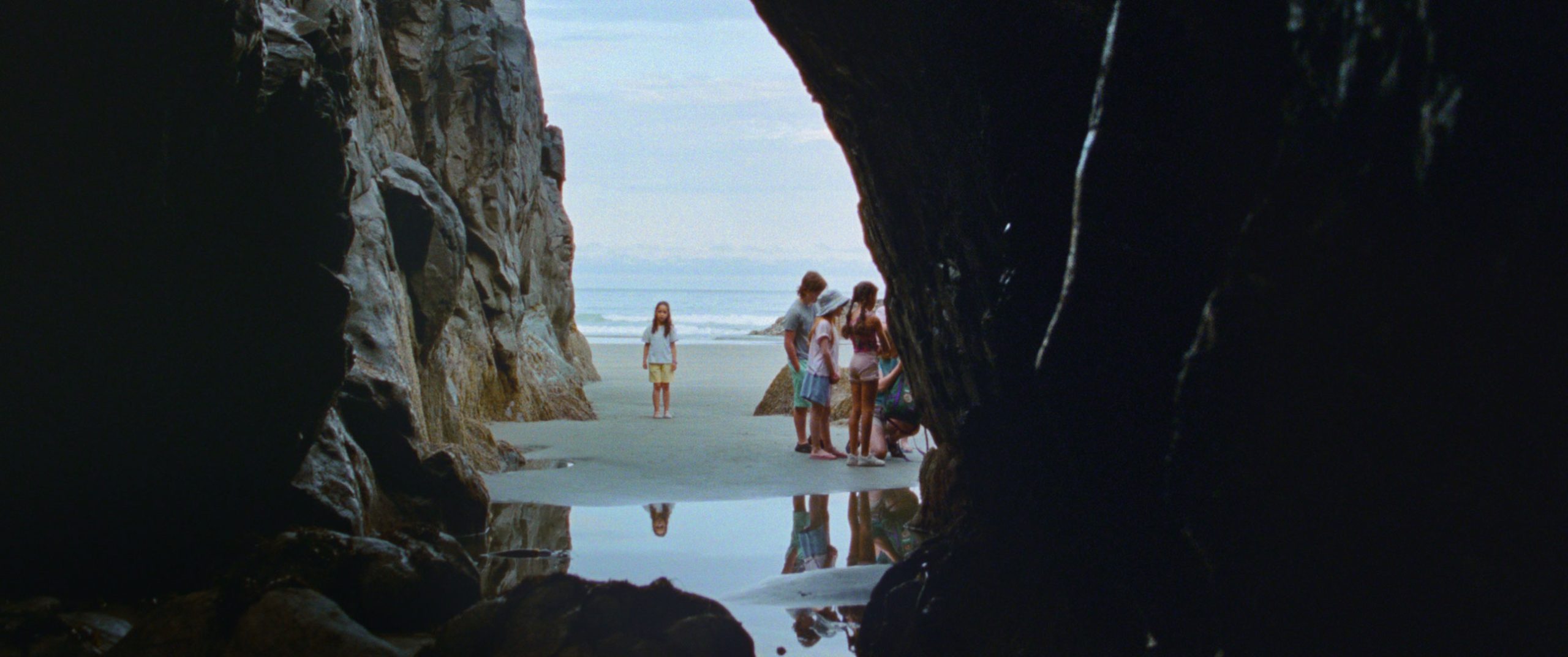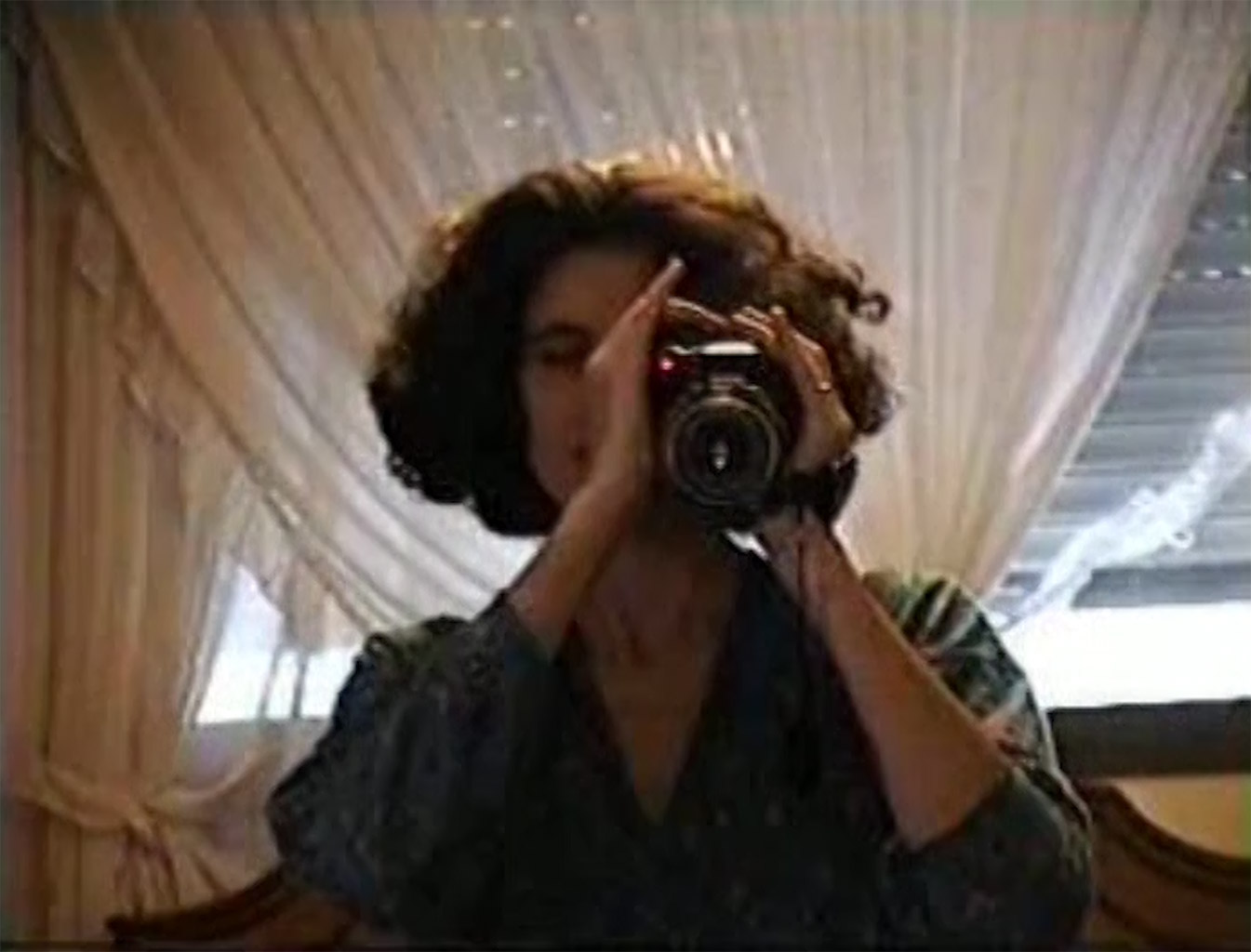
 Throughout its duration, Gett: The Trial of Viviane Amsalem is driven forth by fascinating, dialogue-driven interpersonal exchanges, which trample on with the mind-numbing appeal of a trashy daytime talk show. Time and time again, one hopes to honor Viviane Amsalem’s basic request for divorce. but the head-scratching moments come when a number of witnesses appeal throughout the film’s two hour duration, giving their contradictory testimonies about the couple’s relationship.
Throughout its duration, Gett: The Trial of Viviane Amsalem is driven forth by fascinating, dialogue-driven interpersonal exchanges, which trample on with the mind-numbing appeal of a trashy daytime talk show. Time and time again, one hopes to honor Viviane Amsalem’s basic request for divorce. but the head-scratching moments come when a number of witnesses appeal throughout the film’s two hour duration, giving their contradictory testimonies about the couple’s relationship.
But the dialogue is twisted, forked like the tongue of snake, and ever-revealing of mysteries. When Viviane Amsalem takes the stand and is questioned about her public outbursts which humiliated her husband in front of their neighbors, one can feel both skepticism and sympathy when she says, “It’s easy to blame the one who yells. The one who whispers venom is innocent.” The prosecutor then retaliates with, “He went to hell and back with you, and now you want to shame him?” — and it is in moments such as this that Gett is impressively confusing. One cannot tell whether the wife or the husband is at fault, and the reality is that perhaps neither were, or both were. Much of Gett requires a thorough read between the lines, for every contentious point that is stated explicitly is bolstered by body language and assumptions which are unstated. What begins as clear and straight-forward becomes increasingly muddled with every insight from every friend, neighbor, or spiritual colleague, and the isolated clips of Viviane shedding tears are spliced in between testimonies with very little explanation.
Perhaps they are simply incompatible, and their fundamental differences alone are one cause of the never-ending divorce battle, which spans more than three years of humiliation and awkwardness on the part of both parties.
Nonetheless, it is with the spoken words and the easy-to-define problems that the film hinges. Her nature is secular while he is religious; he lacks romantic sensibility where she desires it. All of these incompatibilities float to the surface through intelligently written expressions, which accuse both parties with almost either weight. Yet in Israel’s religious court, the fact that Viviane’s husband, Elisha, provides for her financially and has never beaten her is lauded as an impressive accomplishment; the court hence cannot “force” the divorce, since domestic abuse was never at play. The basic rights of Viviane Amsalem are discounted time and time again in favor or a wife’s “sacred” duties, even in the view of her relatives and female neighbors. Their reasons against divorce are many and are symptomatic of Israeli society: a single female in Israel lacks fruitful options for her future; Elisha is an upstanding and dependable member of society; and so on. In matters of the heart, Israel is vastly different from the Western world, and through the mechanism of divorce, Gett provides a dramatic glimpse into those differences.
Set in the same room and featuring the same characters who argue endlessly about the same situation, Gett could easily become a boring film, but complex balances make it successful. The relationship of Viviane and Elisha, in all its hopelessness and civility, manifests through their character traits as both address them directly with words, and as such, and the film’s recursive nature finds great power in its spoken dialogue as well as the lines unspoken and the gestures unexplained.
Ω





